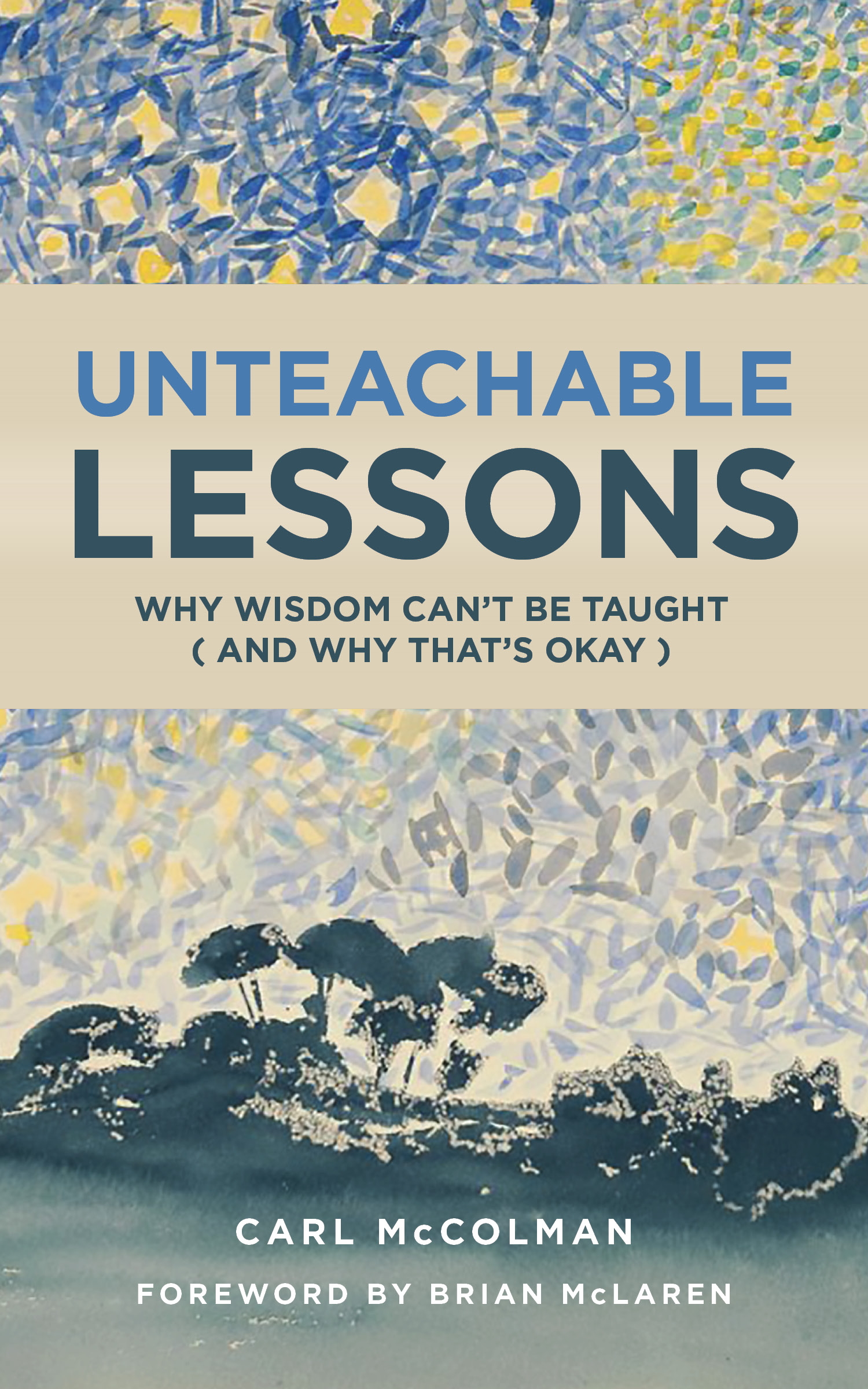The work we do around here is rooted in the experience that creativity, community and the common good are better than sterility, separation, and selfishness. That’s obvious, but most of the time we don’t consciously give ourselves to it.
We’re all familiar with Gandhi’s simple and brilliant invitation to be the change that you wish to see in the world. That’s pretty obvious too. But it’s more than a nice idea - it’s a truth about our reality: many of the rules we live by are nothing more than stories, and the world doesn’t have to wait for the rules to change before it does. Instead, we can bend the rules (especially the unjust ones), and experiment with a new story before we’re even sure where it might lead.
I’m absolutely not an expert in these matters - in fact, I talk about them so much precisely because I notice how easy it is for me to slip into oppositional energy, negative self-talk, criticising others, or complaining more about what’s wrong with the world than seeking to live an alternative. We all need support on the journey, so in imagining just what it means to say that the best criticism of the bad is the practice of the better, there are three practical steps I want to suggest. You might want to try one of these steps each day, and after three days, try one again…
1: Everyone has a part to play in the new story - when you meet someone you don’t know, perhaps at the checkout or on the bus, or in a parking lot or at the gym, try to imagine them being part of the new story of creativity, community, and the common good. If you get the chance to say hello, talk to them while imagining that although you may never see each other again, you’re already part of an immeasurably huge “Us”, not “Them”.
2: We are invited to step beyond fear and separation into enacting hope and connection - consider stepping away from fast-moving media sources, even for one day each week, especially TV news, and online sources that are constantly updated. Instead, consider a project to care for or renew local community and ecosystems - volunteer at a community food kitchen, or a neighborhood cleanup - what matters is to be physically present with other folk doing good in the world.
3: Nobody knows what's going to happen tomorrow - so let us live the world we want to see today. All the great wisdom traditions invite us not to worry about tomorrow, for today has enough problems of its own. Better than that - they also suggest that loving ourselves is as important as loving our neighbors. So consider the following practice: every time something fearful comes to mind, name out loud five things for which you can be grateful. And see what happens.
*
If this seems all a bit fluffy, unrealistic, or won’t really cut it in this world, I hear you. But I see it differently. Taking action for a better world most effectively is only possible if each of us participate, finding our groove where the world’s needs intersect with our enthusiasms and gifts; merely opposing what is wrong is no way to build something; and without practicing gratitude for what is already beautiful, we will burn out on despair for what is broken.
And if you need a harder edge, let’s return to Gandhi - who refused to kill, even with words, and told many of his followers that they should not expect to be alive at the end of their nonviolent struggle. Not particularly fluffy, you might agree. Don’t get me wrong - this wasn’t a death wish, but a simple statement of reality: vision for transformation toward the common good always meets opposition, and sometimes that opposition manifests in violence. But there is currently substantial momentum toward reduced violence in the world, and I think the point Gandhi was making is that we should not consider our lives to be our most important individual possessions, or that losing them is the worst thing that could happen to us. What would be worse would be to live a life of no meaning, no community, no contribution to the evolution of the common good. There have always been people so confused about life that they consider it a win to cause others to suffer. But that spirit appears to be waning, replaced by the expanding circle of sympathy, and the threat of the climate crisis is galvanizing millions to care about not only each other’s good, but that of the planet and people who haven't even been born yet.
So I still want to advocate for the simple-sounding but world-changing ideas of everyone finding their part, and playing it, with no-one excluded from the common good; living the truth that we respond best to the bad by embodying the better; and practicing gratitude as a way of life.
Thanks for your company on the journey.
Gareth
PS: We’re gathering for conversations about how storytelling makes the world better, or worse, at the annual Movies & Meaning Festival - tickets are available now, and we’d love to see you there. Go to www.moviesandmeaning.com for all the details.


